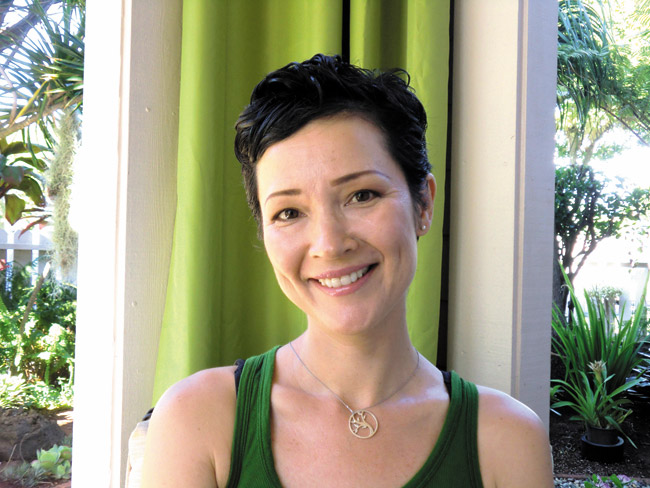Candie Delagarza
As an ER nurse, Candie Delagarza always has been proactive about her own health. But in March of 2012 – just a few months after having a normal mammogram – she felt a lump in her breast. Tests revealed that the lump had been growing for five years and was now an aggressive form of breast cancer.
“I was shocked. I was very, very disappointed and very much in disbelief,” recalls Delagarza.
But what happened soon after was even more shocking; she was informed that she had dense breast tissue – meaning there is more tissue than fat. While dense breast tissue is common – about 40 percent of women have it – it may be associated with an increased risk of breast cancer. On top of that, it can make it more difficult for radiologists to detect cancer on scans. Although just 39 at the time of her diagnosis, Delagarza had been receiving mammograms for five years because of a family history of breast cancer. Yet her doctors never mentioned her breast density.
“I didn’t know (I had) dense breast tissue,” she says, adding that it can only be determined through scans. “If I would have known that, I would have pushed for different screenings.”
From there, Delagarza took medical leave from work to begin a string of surgeries and chemotherapy treatments. On one sleepless night during her treatment, Delagarza came across areyoudense.org, a website that was created by a woman who had a similar story, and learned that many others with dense breast tissue also had not been properly diagnosed until their cancers had progressed. The American Cancer Society reports that high breast density is the leading cause of a false negative mammogram.
“When I was losing my hair and sick as a dog, and I found that website, I was mad,” she says. “Maybe (this information) wouldn’t have prevented my cancer, but maybe they would have caught it in that very early stage.”
Although Delagarza was struggling through her own illness, she was determined to ensure that this didn’t happen to other women in Hawaii. She began pushing for legislation requiring that health care professionals inform patients with dense breast tissue of the increased risk.
The resulting bill, HB 373, was passed and will be effective beginning Jan. 1, 2014. The bill requires health care facilities to notify each patient that has been categorized as having dense breast tissue. Delagarza hopes that the bill will serve primarily as an educational tool and launch a dialogue between doctors and patients about the issue.
“I felt hopeless. I felt like cancer had taken everything away from me, and I wanted to have hope again,” she says. “I didn’t want another person to have to suffer what I was going through.”
October is Breast Cancer Awareness Month. For more information on breast density, visit areyoudense.org.






